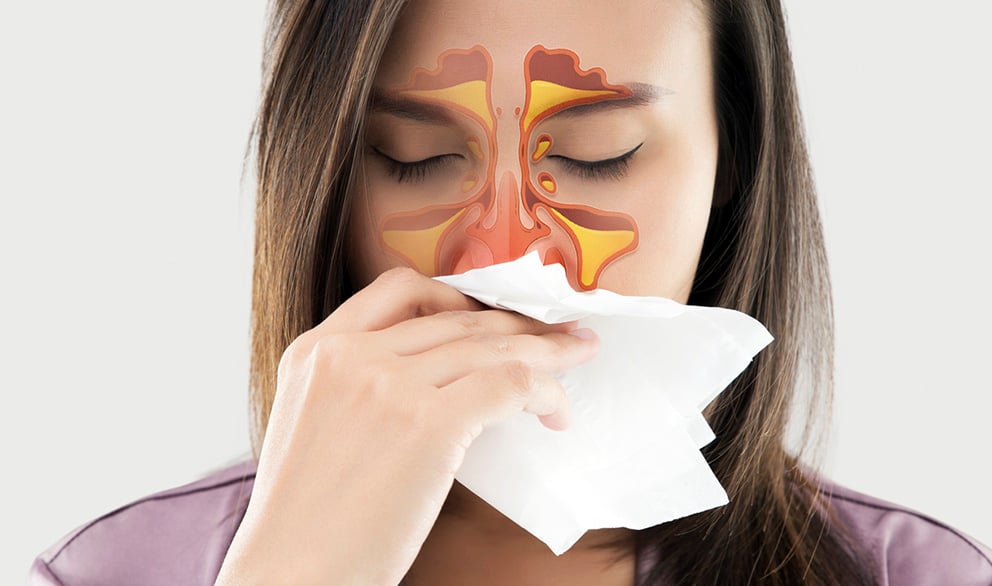Reasons for bad breath: how GERD and diabetes cause halitosis
(For Educational Purposes Only)
Wondering what’s causing your bad breath? If your dentist has ruled out oral health as the issue, the root cause could be a health problem like GERD, diabetes or a sinus infection.

People are often quick to blame the usual suspects like onions, garlic and coffee as causes of bad breath. But sometimes these are not the culprits. Besides oral health problems like plaque build-up, gum disease and cavities, health problems, including Gastroesophageal Reflux disease (GERD), commonly known as acid reflux, could also be the cause. Even dietary changes could have an effect. Let’s take a look at some not-so-obvious sources of halitosis, because managing the health issue could also be the treatment for bad breath.

Stomach issues
Chronic acid reflux, which is when acid travels back into your esophagus — the tube that connects your mouth to your stomach — is also called GERD. It’s estimated that about a billion people in the world suffer from GERD. If left untreated, the stomach acids could even wear down the outer layer of your teeth or lead to other oral problems, so be sure to chat with your doctor to see how you can manage such gastrointestinal problems.
The most common oral manifestations attributed to GERD are tooth erosion, halitosis, sour or acidic taste in the mouth, a burning sensation in the mouth and increased salivation.
On top of that, poor digestion, constipation or bowel disorders can sometimes cause the scent of whatever foods you’ve recently consumed to make their way back to your mouth. Another common digestive problem stems from an imbalance of good and bad bacteria in the gut, which is called dysbiosis. When food is not properly broken down, it can result in bad breath.
Stomach ulcers are also a possible cause of bad breath. In particular, a certain type of bacteria that causes stomach ulcers, called the Helicobacter pylori (H. pylori), has been linked to bad breath as well. One study published in Medical Principles and Practice has connected the treatment of H. pylori infections with curing chronic bad breath.
Diabetes
Research shows that 9 out of 10 people with diabetes will experience oral problems like gum disease (gingivitis and periodontitis), dry mouth and tooth decay. This is because people with diabetes are generally more susceptible to bacterial infection and have a decreased ability to fight bacteria that invade the gums. These issues almost always lead to bad breath.

Sinus issues
Sometimes when your nose starts running, it can bring about bad breath too. That’s because excess mucus will often drip down the back of your throat, which basically creates an open invitation for bacteria to gather and multiply, resulting in bad breath. In the case of sinus infections, mucus stops circulating, builds up and allows bacteria to overtake your mouth with its foul odor. If you think your bad breath is the result of a sinus issue, it could be time to call your doctor.

Medications
Sometimes the things we take to solve one problem wind up creating another. In this case, certain medications including those for blood pressure, antihistamines and antidepressants, can cause xerostomia, or dry mouth. Dry mouth, as a result of decreased saliva production, is a major contributor to bad breath. Some medicines may also release chemicals into the body that carry their own scent directly to your mouth.

